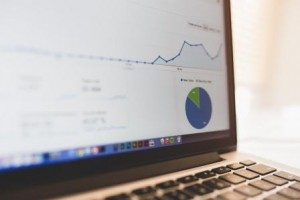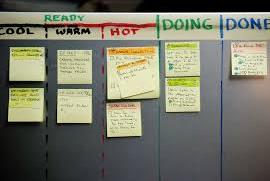Today, AI is evolving at a lightning pace, leaving everyone else scrambling to catch up as they wonder what the future will bring and, more specifically, how AI will impact jobs.
Job search website Indeed surveyed over 7,000 employees and human resource professionals in seven countries (U.S., U.K., Canada, France, Germany, Japan, and India) about how they are using AI and their hopes and fears around it. Here are the key findings.
The vast majority of HR professionals are using AI: 87% of HR professionals said their team was using AI. Of these professionals, 35% said they used AI for HR functions, 33% to summarize or analyze job application materials, and about 31% to generate interview questions and write job descriptions.
Both job seekers and employers are optimistic about AI: 72% of HR professionals hoped it would help them focus on the more human aspects of their job compared to 62% of job seekers. About three in four HR professionals also said it would help them acquire new skills and reduce mundane tasks, while about 63% of job seekers said the same.
Yet fears remain: Despite this optimism, 70% of HR professionals and 66% of job seekers said they thought AI would be used to reduce the cost of workers rather than create more jobs. Meanwhile, about a third people in both groups worried that AI would
make recruiting more biased. HR professionals and job seekers from underrepresented groups were the most concerned about bias. About a third of HR professionals and job seekers who identified as LGBTQ+ or disabled worry about AI being a threat to jobs. Meanwhile less than a quarter of HR professionals and job seekers who did not identify as LGBTQ+ or disabled had the same worry.
“With each technology disruption, new jobs are created, existing jobs evolve or change. With this AI moment, that’s true as well,” wrote Donal McMahon, head of data science at Indeed.











